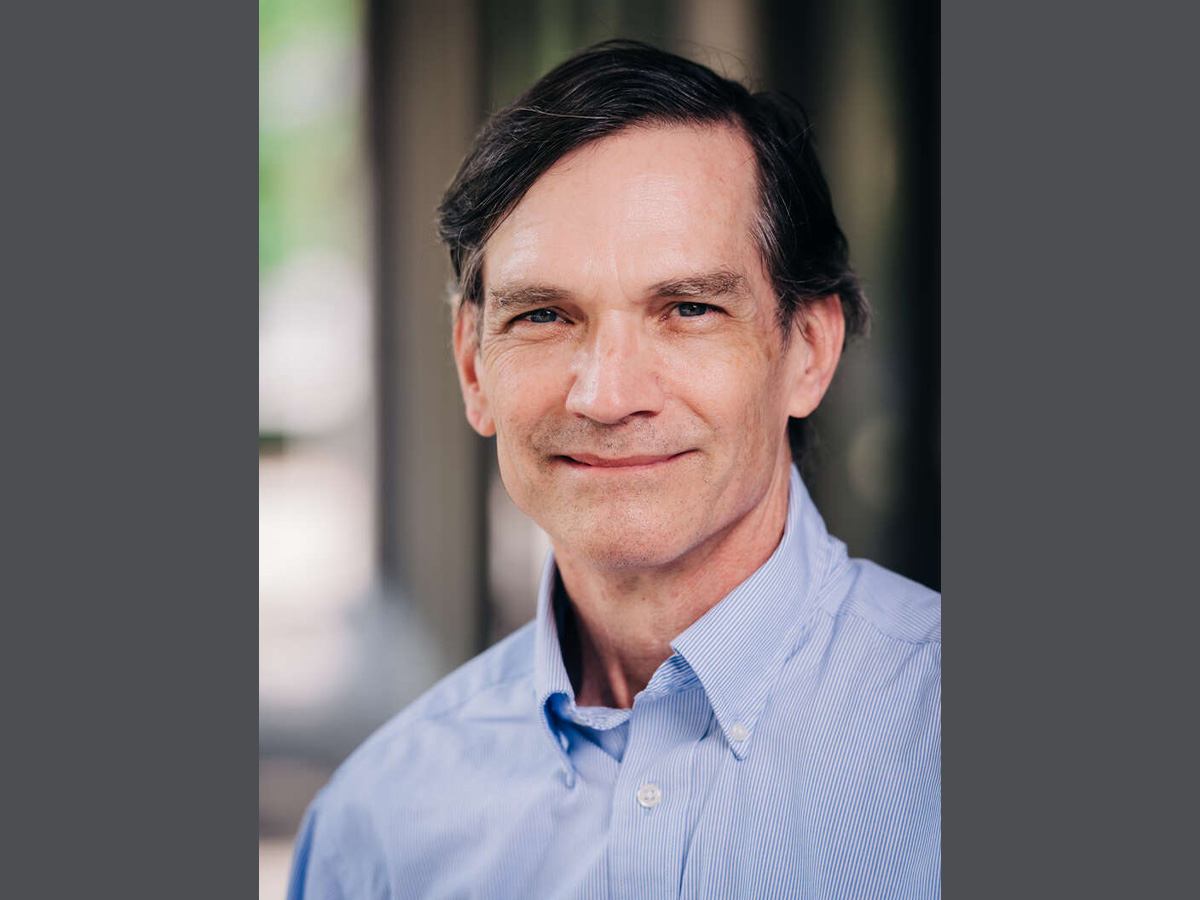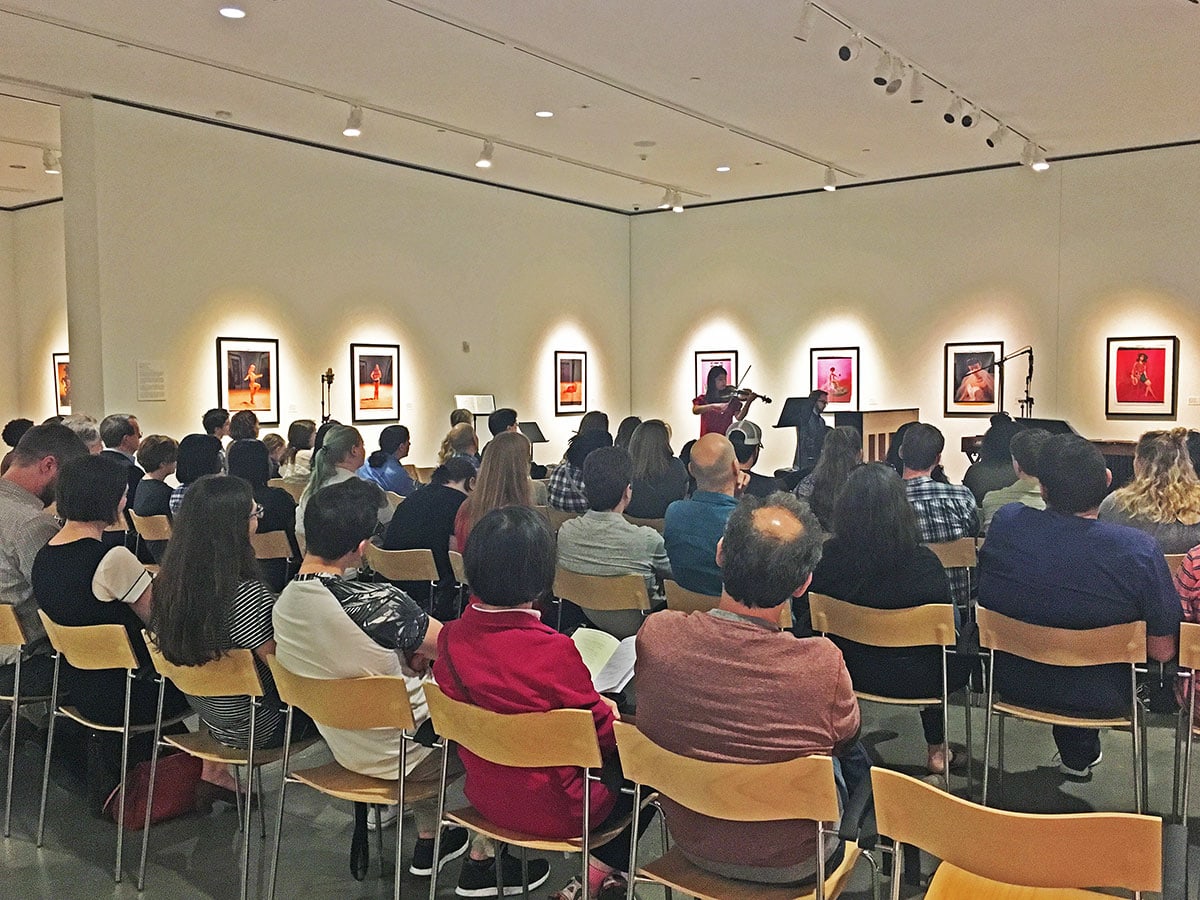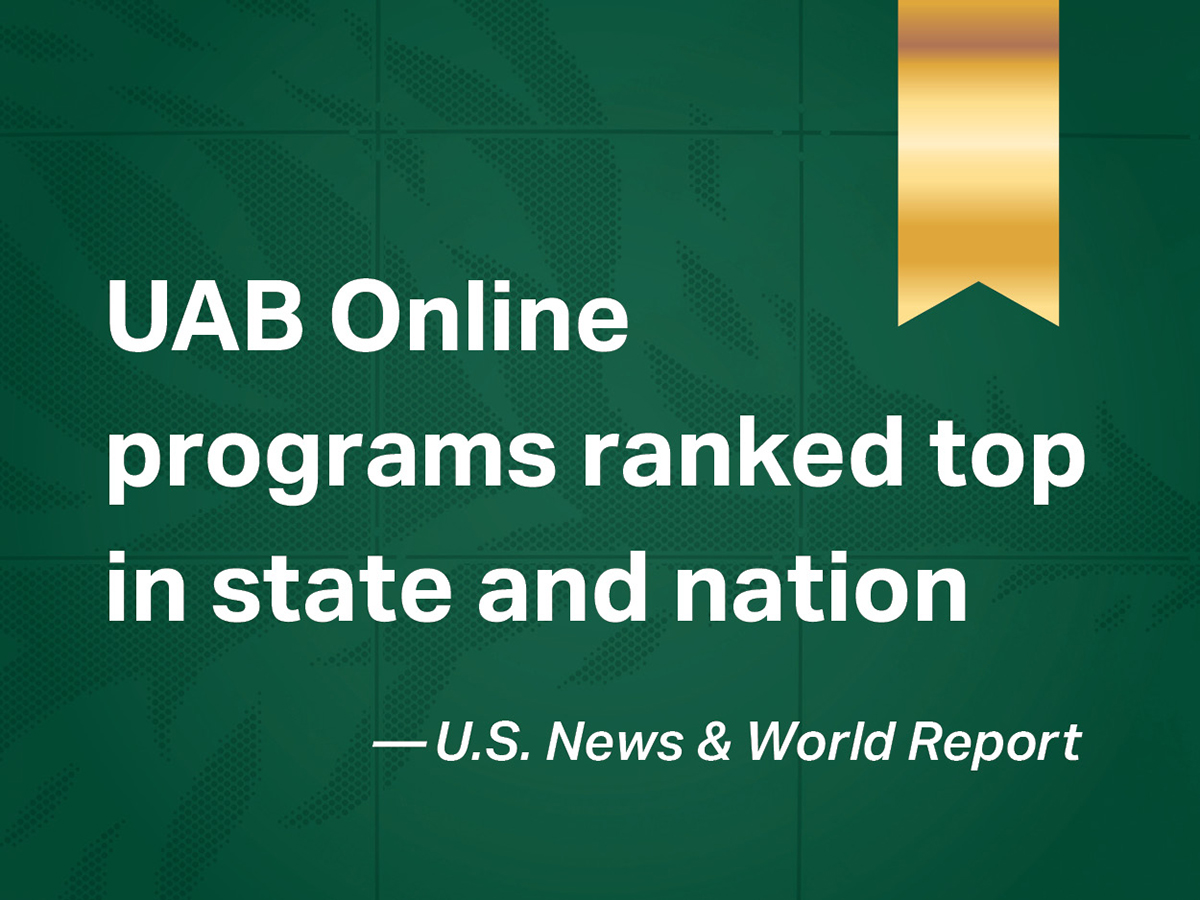Sarah Parcak, Ph.D., University of Alabama at Birmingham associate professor and 2016 TED Prize winner, will be honored with a 2016 American Ingenuity Award by Smithsonian Magazine.
The magazine presents the awards annually in nine categories: technology, performing arts, visual arts, life and physical sciences, education, history, social progress, and youth achievement. The Smithsonian has been celebrating innovation in American culture for more than 150 years; the American Ingenuity Award is its highest honor, recognizing revolutionary breakthroughs in these areas.
Parcak is an archaeologist, Egyptologist and expert in the field of remote sensing. She uses satellites and high-resolution imagery to uncover ancient sites around the world.
Other awardees of the 2016 American Ingenuity Award include comedian Aziz Ansari; Jeff Bezos, founder of Amazon.com; Christopher Gray, creator of the app Scholly, which matches students to scholarships; Michigan mother LeeAnne Walters and Virginia Tech professor Marc Edwards, who helped expose water quality issues in Flint, Michigan; director David Lynch, whose “Quiet Time Program” brings meditation to inner-city schools; and the band “OK Go,” for their music video shot in zero gravity, which was directed by band member Damian Kulash with Trish Sie.
Parcak and other awardees will be honored at a ceremony in December.
Parcak to Receive Smithsonian’s 2016 American Ingenuity Award
Faculty Excellence
November 09, 2016
More News
-
 Boosting levels of a protein could relieve pain after surgery, reducing reliance on opioidsUAB researchers share a discovery that could pave the way for non‑addictive alternatives to opioid painkillers amid an era of rising overdose deaths.
Boosting levels of a protein could relieve pain after surgery, reducing reliance on opioidsUAB researchers share a discovery that could pave the way for non‑addictive alternatives to opioid painkillers amid an era of rising overdose deaths. -
 Experience music performed live in the AEIVA galleries, Feb. 16 at UABIn this free Chamber Music @ AEIVA program, “Luna: A Celebration of the Moon,” hear music inspired by the art on show and performed by faculty and guest artists from the Department of Music.
Experience music performed live in the AEIVA galleries, Feb. 16 at UABIn this free Chamber Music @ AEIVA program, “Luna: A Celebration of the Moon,” hear music inspired by the art on show and performed by faculty and guest artists from the Department of Music. -
 UAB Online leads Alabama in multiple categories in U.S. News Best Online Programs rankingsU.S. News & World Report Best Online Programs gives UAB high marks, including a Top 5 national placement.
UAB Online leads Alabama in multiple categories in U.S. News Best Online Programs rankingsU.S. News & World Report Best Online Programs gives UAB high marks, including a Top 5 national placement.